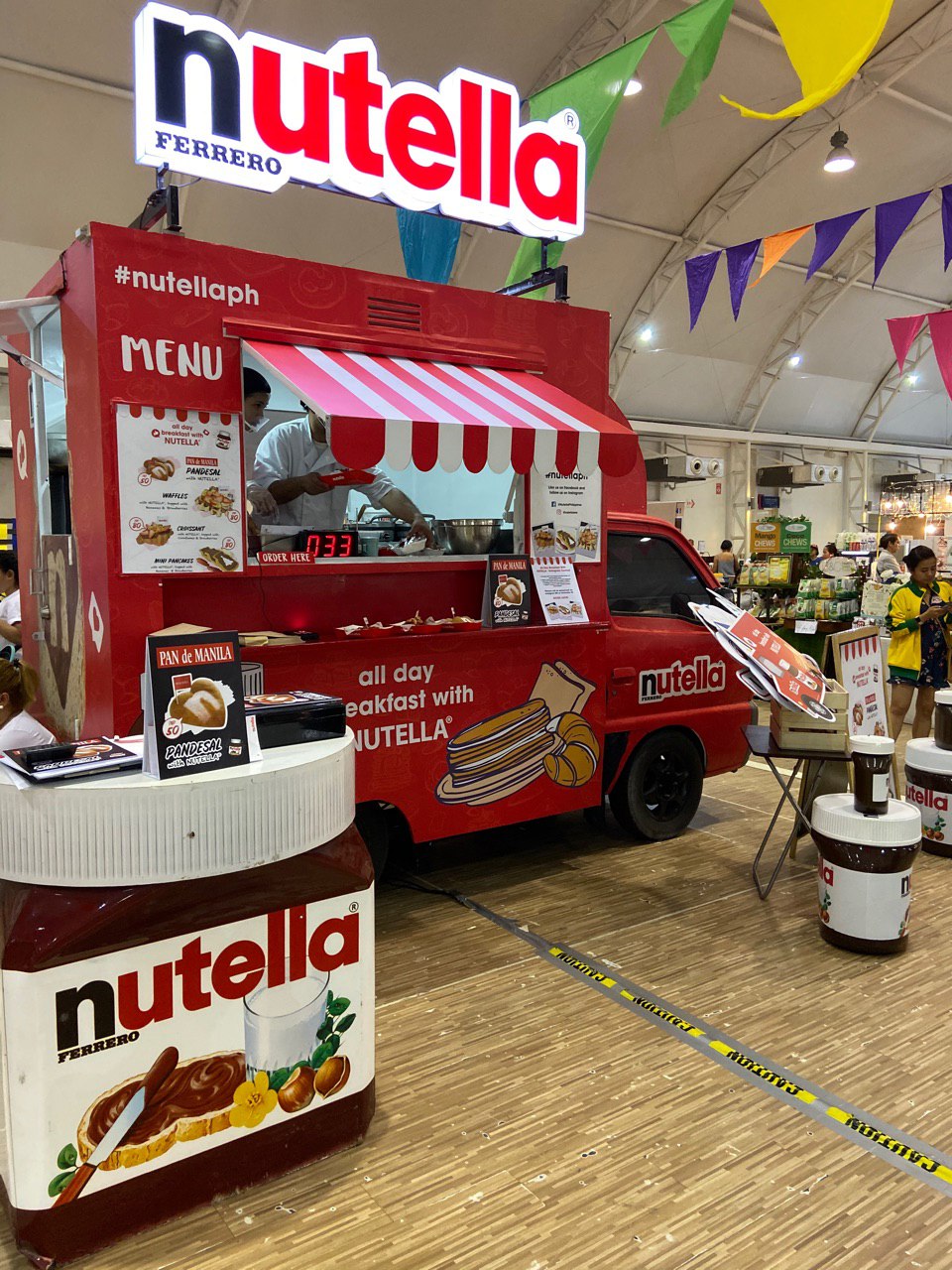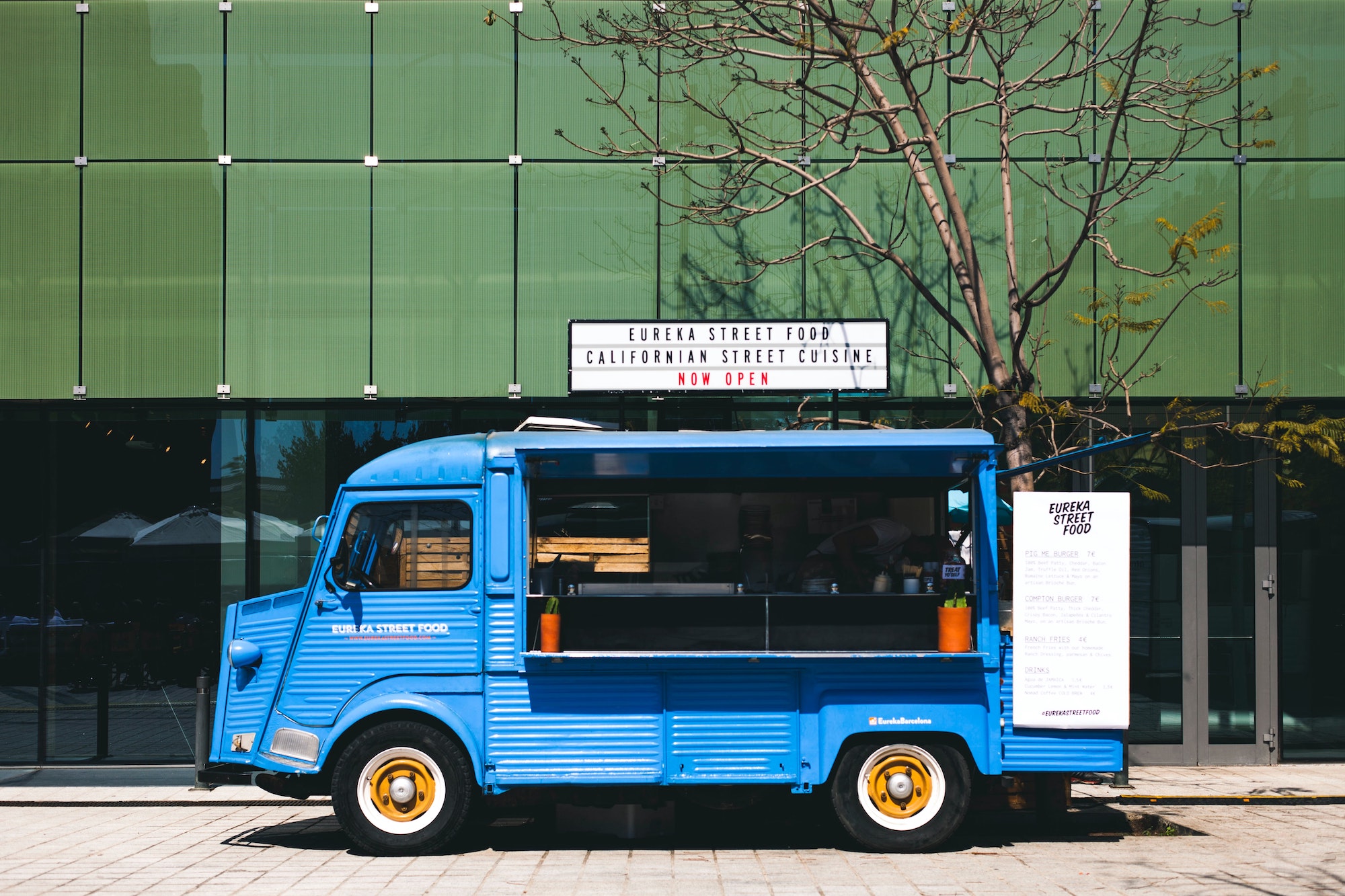From hotdogs, burgers, and coffee to fresh seafood, vegan sandwiches, and gourmet dishes, it isn’t surprising that food trucks found a way to cater to all types of consumers. Their palates, preferences, and purchasing capability are continuously driving this four-wheeled restaurant’s innovation and growth.
The beginnings of food trucks date back to the 17th century when people didn’t have ample resources to cook their own food so vendors sell from small carts or “street kitchens.” In the mid-1800s, chuck wagons or redesigned US Army wagons, were invented to feed cattlemen during lengthy cattle drives. This mobile kitchen houses a cooking space, water barrel, and storage area that carries food items that are easy to preserve and store.
Food trucks have continuously evolved from its design, functionality, and food offerings. And it seems like they keep getting bigger and immensely popular as consumers seek a wider meal selection without losing convenience.
Nutella is one such example of a brand that has decided to venture into the business of food trucks for an all-day breakfast experience, promoting its importance and exhibiting ways to reinvent it.
Despite having the convenience most consumers look for, food trucks face operational risks, too, just like any other food or restaurant business.
An average of 31 million people skip breakfast in the US alone. With the world’s (overwhelming) daily demands, most people don’t have the time to prepare breakfast and if they ever do, they would much rather spend it in productive ways of reducing work and ticking some items on their own to-do lists.
“The Nutella All-Day Breakfast Truck was originally conceptualized to showcase multiple breakfast aspirations from across the globe, including different global breads or breakfasts such as croissants, waffles, pancakes, and our very own local pandesal,” says Cheryl Que, cluster brand head of Nutella.
They launched their first food truck in Southeast Asia in the Philippines, stationing in different bazaars all over the country for the holiday season. Though still in its initial phase, the food truck has already set its schedule for the year and still plans to expand in 2020.
“Among SEA countries, the Filipinos have a strong passion for taste and bread consumption. They know how to enjoy life, savor meals, and enjoy breakfast,” says Que, noting that because Filipinos love breakfast in general, inspired by blogs or even Instagram, there is a willingness to try new things that drives breakfast reinvention.

Despite having the convenience most consumers look for, food trucks face operational risks, too, just like any other food or restaurant business. There could be work-related accidents such as smoke inhalation and heat strokes attributed to its usually small and cramped space. The possibility of food spoilage and contamination due to a limited storage area are grave issues food trucks face as well.
The food truck model, amid potential risks, still faces a bright future with a projected revenue growth rate of 3.7 percent in the next five years. The food truck format is a good start for aspiring restaurateurs who want to test the waters of their business.
Aside from the fact that it has an unconventional design, which can greatly attract customers, it allows food truck owners to experiment with the location and thus, identify where the market is more responsive. With the right combination of food and location advantage, a food truck business is set for expansion in no time.





